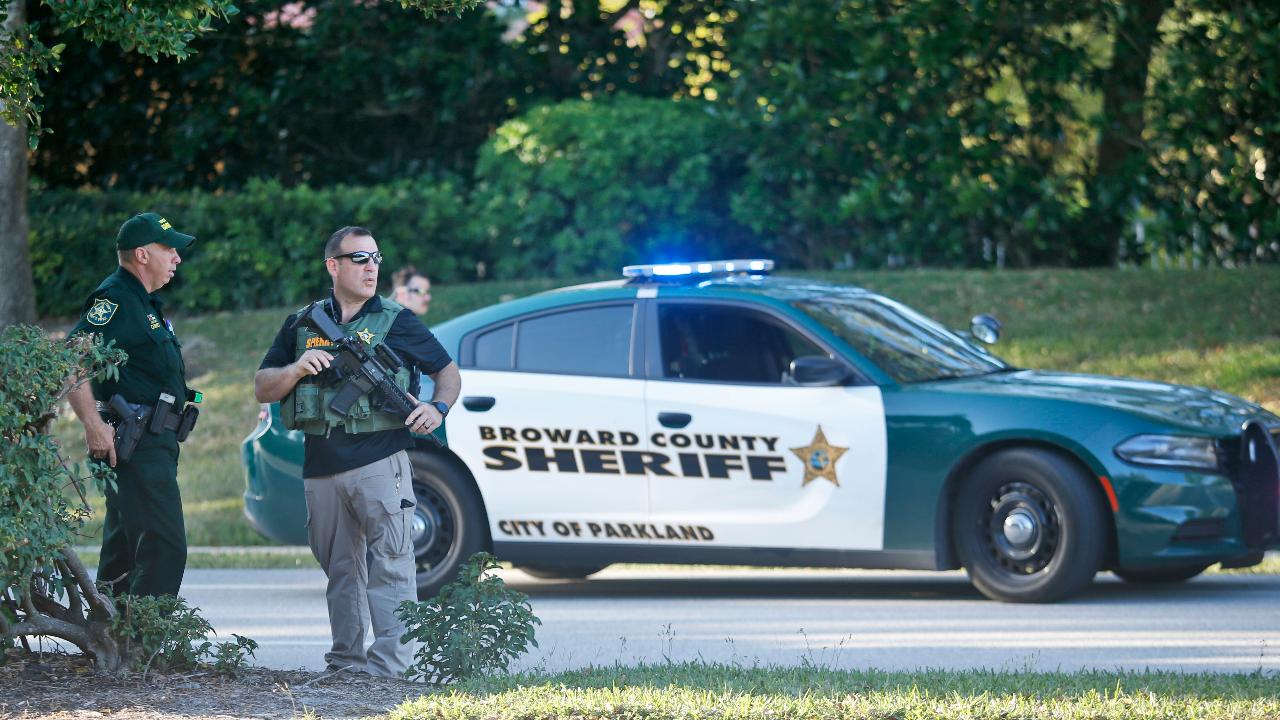Columbine survivor: FBI is not to blame for Florida school shooting
When the FBI received a tip in early January about Nikolas Cruz, the 19-year-old suspected shooter accused of killing 17 people in Parkland, Florida, on Valentine’s Day, the federal law agency failed to follow investigative protocol, it admitted on Friday.
Although the FBI had been warned by a person close to Cruz that he was a gun owner, desired to kill people, displayed erratic behavior, posted disturbing social media posts, and had the potential to conduct a school shooting, Craig Scott, a Columbine shooting survivor, said he does not blame the FBI. Scott’s sister died in the Columbine shooting.
“I think it can be very hard to see who’s going to do this,” Scott told FOX Business’ Neil Cavuto on Friday. “Hindsight is 20/20, even with serious warning signs.”
Thirteen people died in the massacre at Columbine High School in Littleton, Colorado in April 1999 when two students, Eric Harris, 18, and Dylan Klebold, 17, opened fired before killing themselves. Since that massacre rocked the nation, there have been 25 fatal school shootings at elementary and high schools.
Prior to the shooting at Marjory Stoneman Douglas High School, Cruz displayed violent and erratic behavior and had a number of run-ins with law enforcement, according to reports.
Despite the repeated calls to authorities, he was not arrested until Wednesday, when he allegedly began firing a legally obtained AR-15 at students and faculty members. He was charged with 17 counts of premeditated murder on Thursday and is being held without bail.
"He is a deeply troubled young man; a child that has endured significant loss," Gordon Weekes, chief assistant for Broward County's public defender's office, told reporters Thursday. "He fell between the cracks, and we have to try to save him now."
Since the Columbine massacre, Scott has spoken at a number of high schools across the country, during which he’s run into seven students he said planned to do violent things. While he acknowledged that it’s appropriate to take action to stop a person from becoming violent, he found that “99 out of 100” cases and warning signs will amount to nothing.
“It takes the right person to pull that student who’s struggling, who’s having these dark issues in their heart, sit them down and find out what’s going on with them and break through some of that stuff,” he said. “it can be a process, it can be difficult. But if you have the right teacher, or parent, or friend, that can do that, I really believe you can help bring that person out. I’ve seen it happen.”




















